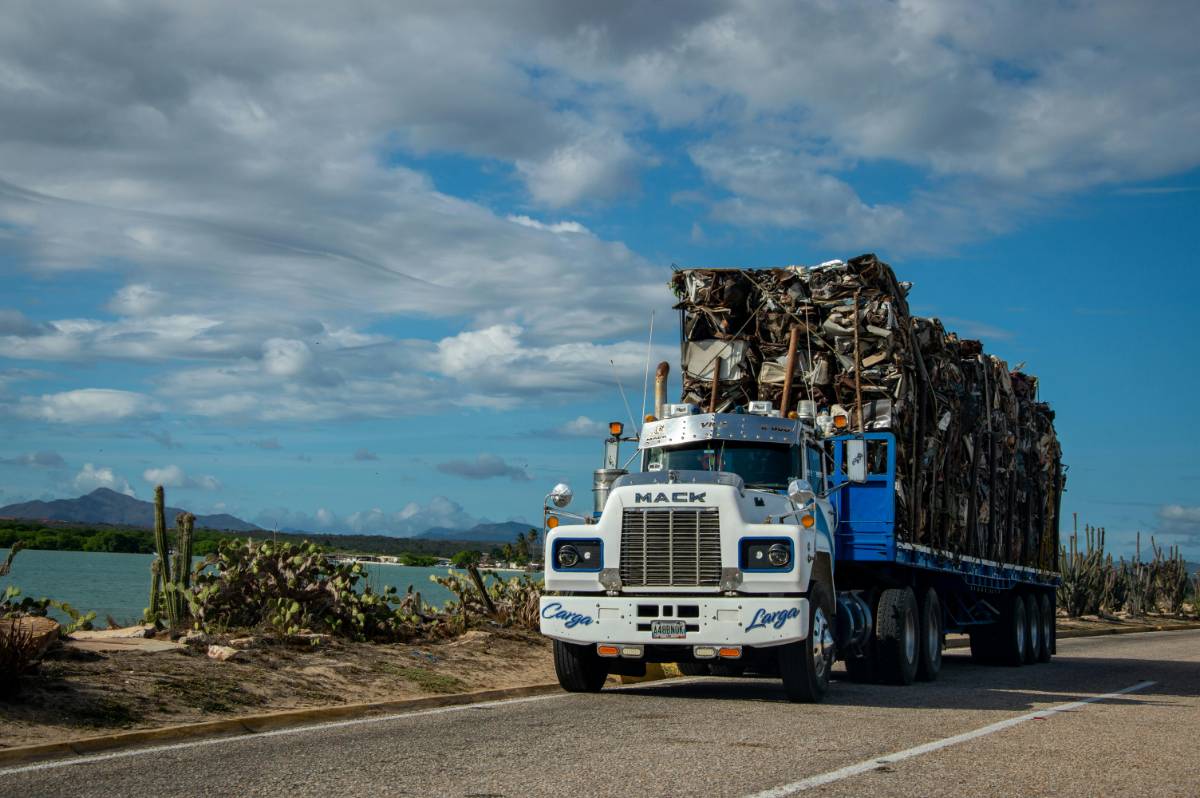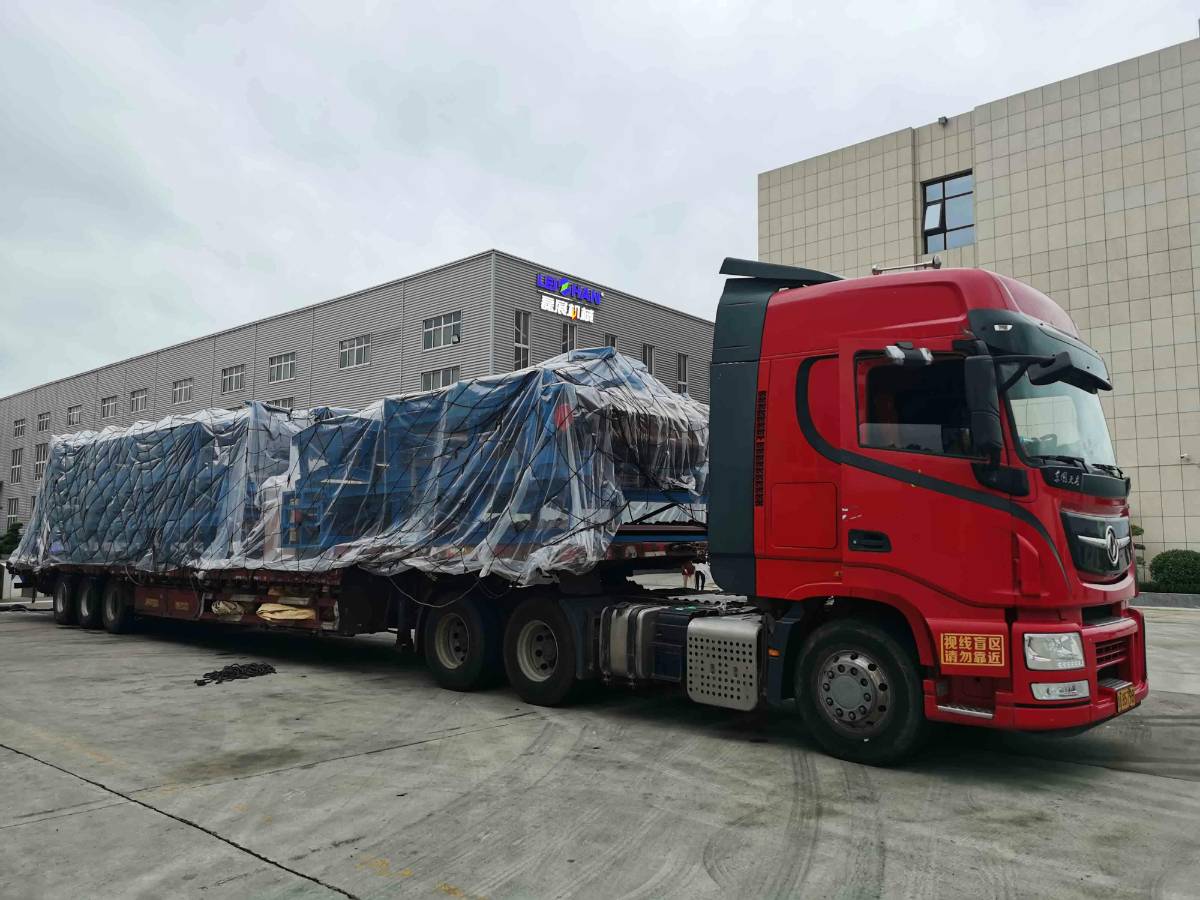
Understanding Liability Coverage for Trucking Businesses
Liability coverage is one of the most important components of insurance for any trucking business. It ensures that a company is financially protected if one of its drivers is involved in an accident that causes damage or injury. Without adequate liability coverage, a single incident could lead to devastating legal and financial consequences.
What Is Liability Coverage in Trucking?
Liability coverage refers to the insurance that pays for bodily injury and property damage to others when the truck driver is at fault in an accident. It is typically required by law for any commercial trucking operation and is considered the foundation of any truck insurance policy.
Types of Liability Coverage for Trucking
There are two primary types of liability coverage included in most commercial trucking policies:
Bodily Injury Liability: This covers medical expenses, lost wages, and legal fees if someone is injured or killed in an accident caused by the truck driver.
Property Damage Liability: This pays for damage to another person's property, such as vehicles, buildings, or public infrastructure.

Why Liability Insurance Is Mandatory
The Federal Motor Carrier Safety Administration (FMCSA) mandates minimum liability coverage for trucking businesses that operate across state lines. These minimums depend on the type of cargo being transported. For example, trucks carrying non-hazardous freight in vehicles under 10,001 pounds must have at least $300,000 in liability coverage.
Trucking companies that carry passengers or hazardous materials are subject to higher limits, sometimes up to $5 million, to account for the increased risks.
General Liability vs. Primary Liability
Primary Liability: This is required to operate legally and covers third-party injuries and property damage while the truck is on the road.
You might also like
1. Federal and State Requirements for Truck Insurance in the U.S.2. The Role of Government Programs in Affordable Insurance3. The Importance of Uninsured and Underinsured Motorist Coverage4. Open Enrollment: What You Need to KnowGeneral Liability: This covers non-driving related accidents involving the business, such as customer injuries at company premises or damage caused during loading and unloading.
Both forms of coverage are essential for complete protection.
How Liability Coverage Protects Trucking Businesses
Legal Defense: Liability insurance can cover attorney fees, court costs, and settlements if your business is sued after an accident.
Third-Party Compensation: It ensures that injured parties or property owners are compensated without bankrupting your business.
Compliance with Regulations: Meeting federal and state insurance requirements helps avoid fines, penalties, and shutdowns.
Business Continuity: With proper liability coverage, a trucking business can continue operations even after a major incident, minimizing downtime and loss of revenue.
Conclusion
Liability coverage is not just a regulatory requirement—it is a critical tool for financial stability and risk management in the trucking industry. Whether you’re an owner-operator or manage a fleet, investing in sufficient and appropriate liability coverage ensures protection for your business, your drivers, and others on the road.
About the author
Ava Montgomery is a seasoned finance writer with over 8 years of experience helping millennials and Gen Z take control of their money. With a background in economics and a passion for demystifying complex financial concepts, Ananya shares actionable tips on budgeting, investing, and building long-term wealth. Her mission is to make financial literacy accessible, relatable, and empowering — no jargon, just smart money moves.


